In follow up to a four-year long grassroots campaign, MSPs passed legislation called The Period Products (Free Provision) (Scotland) Act. The campaign, spearheaded by Monica Lennon, had worked to open up the discussion around menstruation, focusing on the issue of period poverty. The Period Products Act places legal duties on local authorities to provide period products free of charge to everyone who needs them.

So what?
Period poverty, called out amongst the key obstacles to female empowerment is said to have surged even further during the pandemic. In the UK, 1 in 10 girls are estimated to not be able to afford menstruation products. Creating an unprecedented case of free access to period products in Scotland is an important signal about placing the rights of women and girls high on the political agenda – seeing them as central to recovery, and social and economic development and aligns strongly with a number of SDGs.





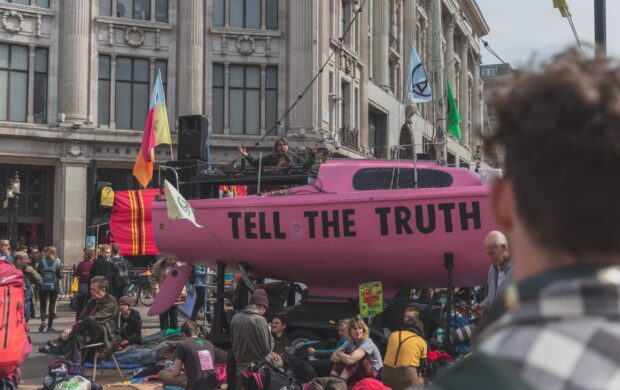

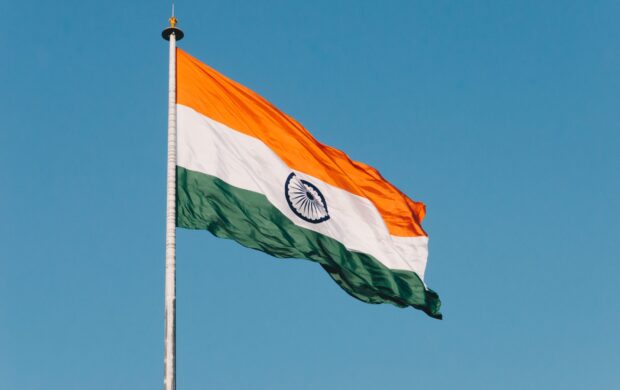
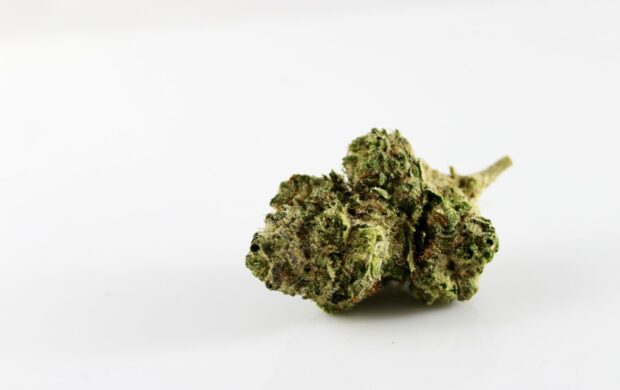

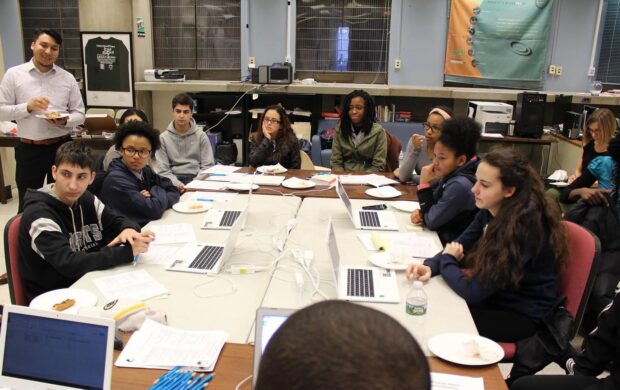

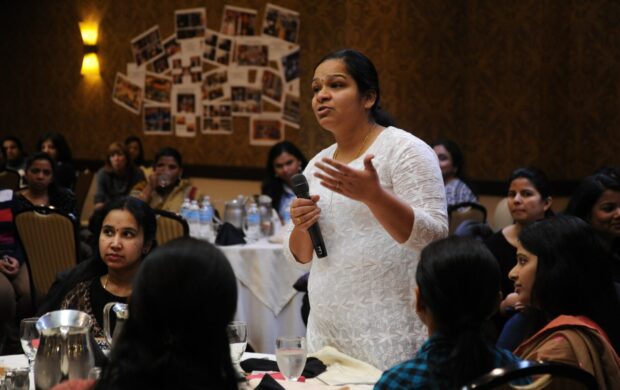

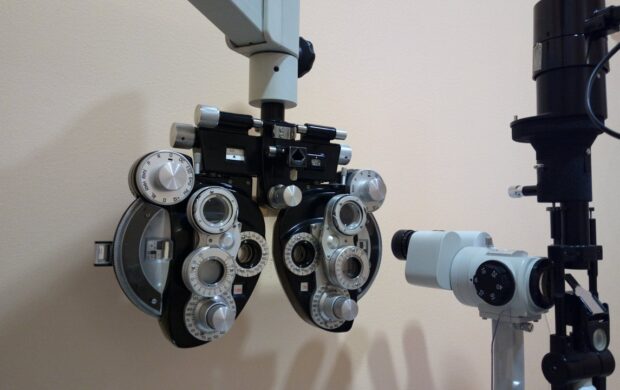
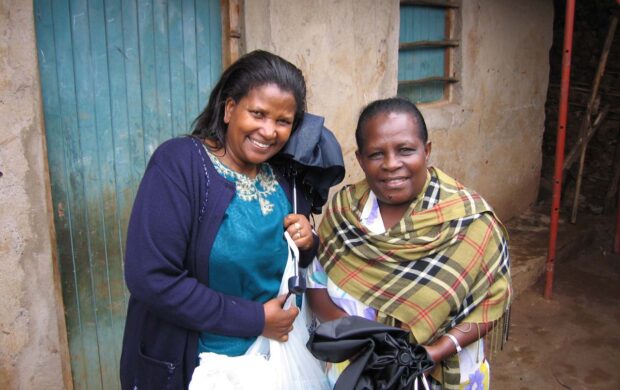


Join discussion